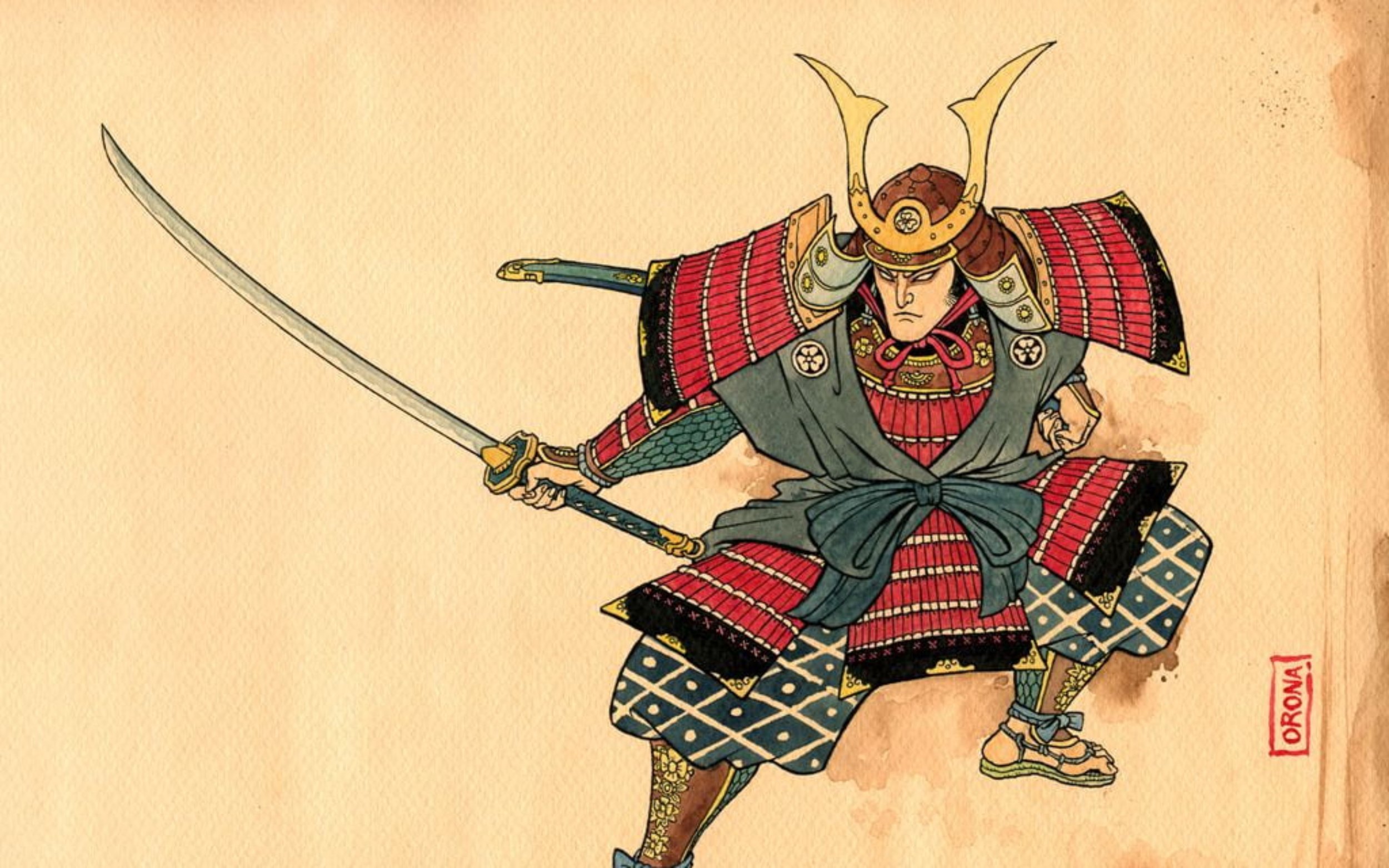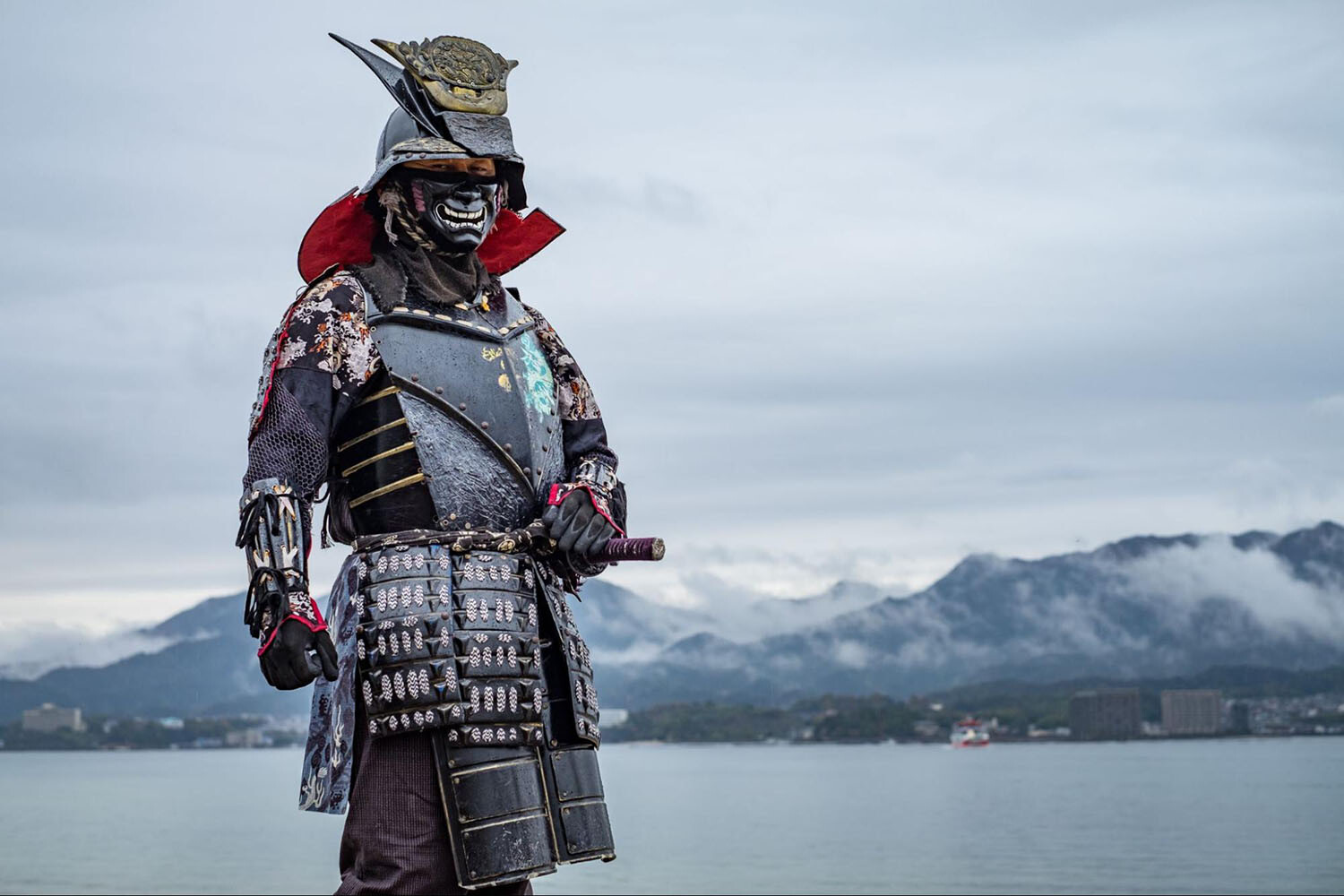The Essence of the Samurai: Honor, Discipline, and Legacy
Introduction:
The word "samurai" conjures up images of noble warriors from feudal Japan, epitomizing honor, discipline, and loyalty. Rooted in a code of conduct known as Bushido, samurais were more than just skilled swordsmen; they were embodiments of a way of life guided by principles that transcended mere combat. This essay delves into the essence of the samurai, exploring their historical context, their philosophy, and their enduring legacy.
Historical Context:
To understand the essence of the samurai, one must delve into the historical context of feudal Japan. Emerging during the Heian period (794–1185), samurais initially served as guards and warriors for feudal lords, known as daimyos. Over time, their role evolved, shaping the socio-political landscape of Japan. With the rise of the shogunate system in the Kamakura period (1185–1333), samurais became the ruling class, wielding significant power and influence.
Philosophy of Bushido:
Central to the identity of the samurai was the code of Bushido, which translates to "the way of the warrior." Bushido was more than a set of rules; it was a moral and philosophical framework that governed every aspect of a samurai's life. At its core were principles such as loyalty, integrity, courage, honor, and self-discipline. The samurai were not only expected to master the art of combat but also to cultivate inner virtues that reflected the ideals of Bushido.
Honor and Loyalty:
Perhaps the most defining characteristic of the samurai was their unwavering commitment to honor and loyalty. For a samurai, honor was more precious than life itself. They would rather die with honor on the battlefield than live in disgrace. Loyalty to their lord was paramount, and samurais would go to great lengths to fulfill their obligations, even at the cost of personal sacrifice. This sense of duty and devotion formed the bedrock of the samurai ethos.
Discipline and Training:
Discipline was ingrained in every aspect of a samurai's life, starting from childhood. From rigorous martial training to the practice of meditation and calligraphy, samurais dedicated themselves to constant self-improvement. The mastery of the sword, particularly kenjutsu, was central to their training, but it was complemented by the study of literature, poetry, and tea ceremony. This holistic approach aimed not only to hone their physical skills but also to cultivate a balanced and refined character.
Adaptability and Resilience:
While samurais were renowned for their martial prowess, they were also adept strategists and tacticians. They understood the importance of adaptability and resilience in the face of adversity. Whether facing a superior foe on the battlefield or navigating the intricate politics of feudal Japan, samurais relied on their wit, resourcefulness, and indomitable spirit to overcome challenges. Flexibility in thought and action was as crucial as skill with the sword.
Legacy and Influence:
Despite the decline of the samurai class in the late 19th century with the Meiji Restoration, their legacy endures to this day. The spirit of Bushido continues to inspire people worldwide, resonating beyond the realms of martial arts. Concepts such as honor, loyalty, discipline, and sacrifice are valued not only in Japan but also in various cultures around the globe. The samurai's ethos has left an indelible mark on literature, cinema, and popular culture, perpetuating their image as symbols of courage and nobility. The essence of the samurai lies not just in their skill with the sword, but in the depth of their character and the strength of their convictions. Rooted in the code of Bushido, samurais embodied values that transcended time and place. Their unwavering commitment to honor, loyalty, discipline, and resilience continues to inspire generations, reminding us of the enduring power of the human spirit in the face of adversity. As we reflect on the legacy of the samurai, we are reminded that true strength lies not in the might of arms, but in the integrity of the heart.
The essence of the samurai lies not just in their skill with the sword, but in the depth of their character and the strength of their convictions. Rooted in the code of Bushido, samurais embodied values that transcended time and place. Their unwavering commitment to honor, loyalty, discipline, and resilience continues to inspire generations, reminding us of the enduring power of the human spirit in the face of adversity. As we reflect on the legacy of the samurai, we are reminded that true strength lies not in the might of arms, but in the integrity of the heart.
The legacy of the samurai extends far beyond their historical era, permeating various aspects of modern society and culture. Here, we further explore the enduring influence of the samurai ethos in contemporary contexts:
- Martial Arts and Philosophy: The principles of Bushido continue to shape the philosophy and practices of traditional Japanese martial arts such as kendo, judo, and karate. These disciplines emphasize not only physical techniques but also moral development, self-discipline, and respect for others. Beyond Japan, martial arts schools worldwide incorporate aspects of Bushido into their training, emphasizing values like integrity, perseverance, and humility.
- Leadership and Management: The samurai's emphasis on honor, loyalty, and strategic thinking finds resonance in modern leadership and management theories. Concepts such as servant leadership, ethical decision-making, and leading by example draw parallels with the ideals of Bushido. Many contemporary leaders look to the samurai for inspiration in fostering organizational cultures built on trust, accountability, and collective success.

- Pop Culture and Media: The image of the samurai continues to captivate audiences through literature, film, and video games. From classic Japanese literature like "The Tale of the Heike" to modern cinematic masterpieces like Akira Kurosawa's "Seven Samurai," portrayals of samurais reflect their enduring appeal as symbols of honor and heroism. Video games like "Ghost of Tsushima" and "Sekiro: Shadows Die Twice" immerse players in the world of feudal Japan, allowing them to experience the challenges and triumphs of being a samurai.
- Business Ethics and Corporate Culture: In the corporate world, the principles of Bushido are often invoked to foster ethical behavior, integrity, and a sense of responsibility among employees. Companies may adopt codes of conduct inspired by Bushido to promote a culture of trust, respect, and accountability. The emphasis on loyalty to the organization and dedication to one's duties echoes the samurai's commitment to their lord and their clan.

- Personal Development and Self-Improvement: Beyond professional spheres, individuals seek to embody the virtues of the samurai in their personal lives. Books, seminars, and self-help programs draw inspiration from Bushido to promote personal growth, resilience, and moral integrity. The samurai's emphasis on continuous self-improvement serves as a guiding principle for those striving to cultivate discipline, courage, and inner strength.
In conclusion, the essence of the samurai continues to resonate in various aspects of contemporary society, reflecting their timeless relevance and enduring impact. Whether through martial arts, leadership principles, popular culture, business ethics, or personal development, the legacy of the samurai serves as a beacon of inspiration for individuals and organizations alike. As we honor their memory, we are reminded of the timeless wisdom embedded in the samurai ethos—a legacy that transcends boundaries and continues to shape the human experience.


















































